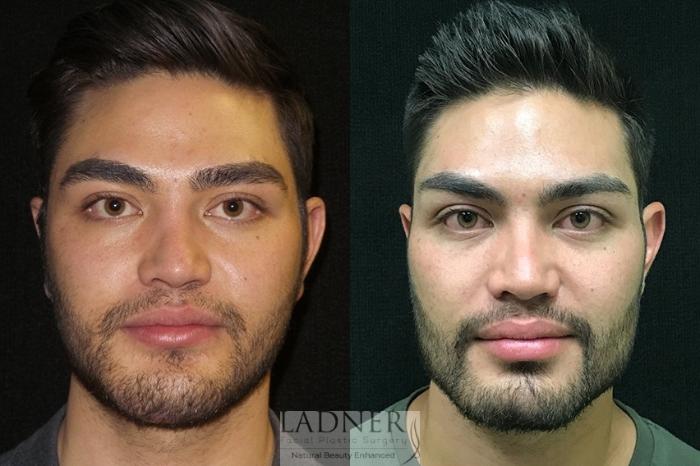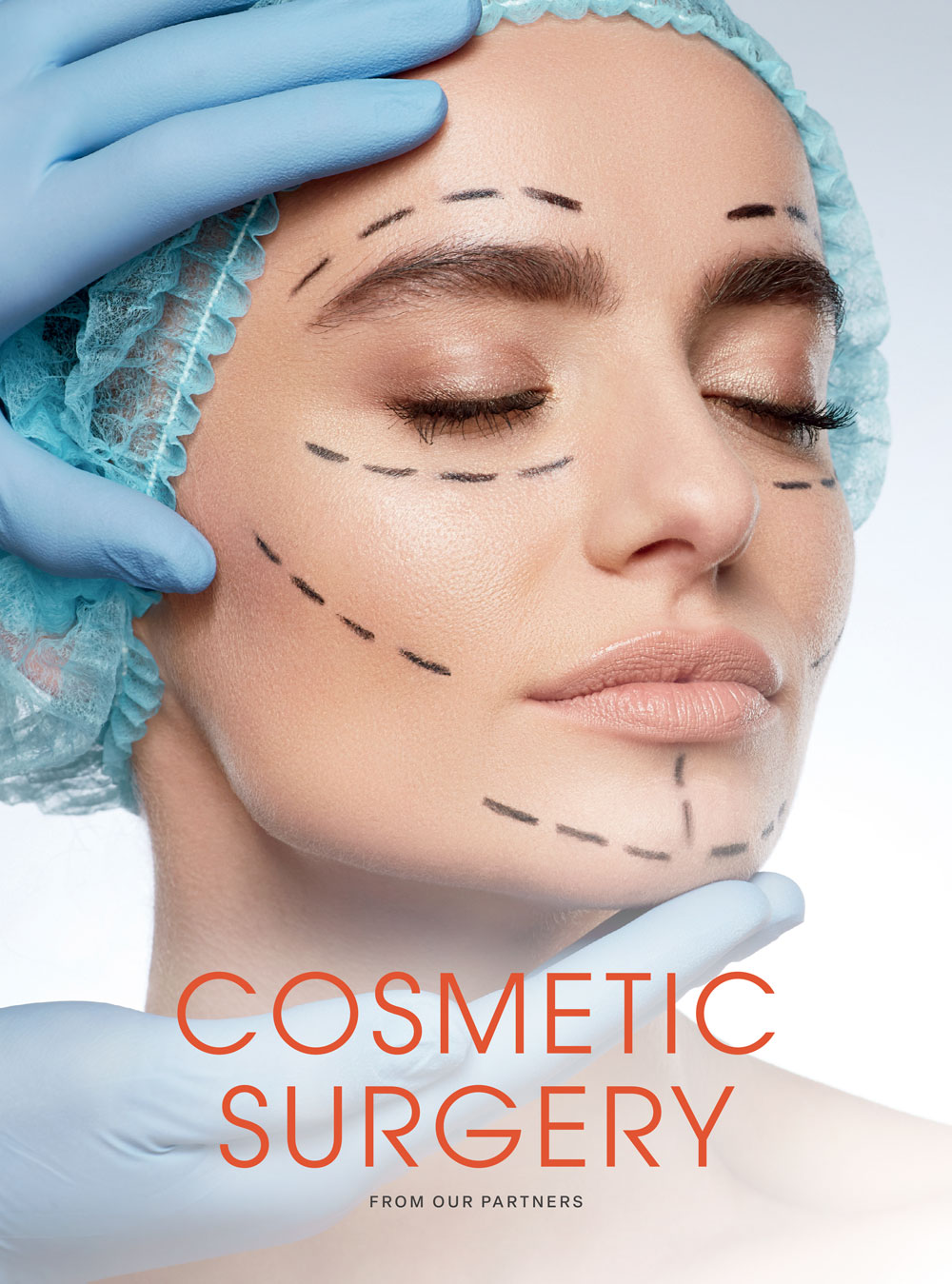A Deep Dive Into the Usual Reason for Looking For Plastic Surgery: Unloading the Wish for Modification and Self-Improvement
The motivations behind the quest of cosmetic surgical treatment expand beyond mere visual enhancement, reflecting a nuanced interplay of social assumptions, personal goals, and mental elements. This assessment triggers critical inquiries concerning the ethical effects and future trajectories of aesthetic procedures, welcoming further exploration right into the intricacies of self-improvement and identity.
Social Stress and Elegance Requirements

The influence of these appeal perfects can be profound, instilling a feeling of insufficiency in those that do not adjust. Because of this, lots of may seek cosmetic surgical procedure as a way of aligning their appearance with these societal assumptions. mommy makeover bellevue. This need for conformity can stem from a vast range of inspirations, consisting of the goal for enhanced social status, improved charming potential customers, or boosted professional chances
Moreover, these stress are not limited to details demographics; they influence individuals throughout numerous ages, sexes, and histories, highlighting the prevalent nature of appeal standards. This widespread influence elevates crucial questions about the ethics of cosmetic surgery and the ramifications of societal standards on specific choices. Ultimately, understanding these stress is important for promoting a much more inclusive meaning of elegance that commemorates variety.
Individual Experiences and Transformative Stories
Several people that undertake plastic surgery report transformative experiences that expand beyond plain physical changes. For several, these procedures act as a catalyst for boosted self-worth and a restored feeling of identity. Patients frequently explain feeling liberated from long-lasting instabilities, resulting in raised self-confidence in both expert and individual worlds.
Take, for instance, the story of a young woman that went through breast enhancement after years of feeling uneasy concerning her look. Post-surgery, she reported not only a newfound comfort in her body however likewise a significant improvement in her social life and occupation opportunities. Likewise, a middle-aged guy that chose to undergo a renovation shared just how the treatment renewed his outlook on life, prompting him to pursue new passions and partnerships.
These individual narratives underscore the profound effect plastic surgery can carry people' lives. As they accept their changed selves, numerous find empowerment in their options, commonly utilizing their experiences to influence others pondering similar journeys. Inevitably, these transformative stories highlight the multifaceted reasons people look for plastic surgery, linking individual growth with the search of visual enhancement.
Emotional Elements Behind Plastic Surgery
Numerous psychological factors contribute to the choice to undergo cosmetic surgical procedure, reflecting much deeper emotional and mental health and wellness considerations. Individuals frequently pursue surgical enhancements as a means to address sensations of inadequacy, low self-confidence, or frustration with their appearance. These mental motivations can be rooted in past experiences, social comparisons, or personal aspirations.
Body picture distortion is a common problem, where individuals perceive their physical qualities in an exaggeratedly adverse light. This distortion can lead to obsessive ideas concerning viewed flaws, triggering the desire for medical modification as an option - mommy makeover bellevue. In addition, the pursuit of excellence and social pressures can amplify these sensations, pressing people towards cosmetic treatments in hopes of attaining an idealized version of themselves
Furthermore, the idea of self-improvement plays a crucial duty. Lots of individuals look at this web-site see plastic surgery as a path to improve their quality of life, believing that improved look will lead to increased social approval, much better relationships, or enhanced job chances. Inevitably, the emotional elements behind cosmetic surgical treatment underscore the complicated interplay between specific self-perception and outside influences, disclosing the multifaceted nature of the need for change.

The Function of Media in Assumption
In today's culture, media plays an essential function fit assumptions of appeal and self-respect. With numerous platforms-- social media sites, television, and advertising and marketing-- idyllic requirements of charm are usually distributed, influencing specific goals and self-image. These representations often emphasize slim definitions of appearance, mainly including youthful, slim, and digitally boosted photos, which can produce impractical criteria for people aiming to adapt.
The effect of media is more worsened by the prevalent nature of social networks, where customers are pestered with curated material that highlights cosmetic improvements, supporting a society of comparison. This consistent exposure can result in feelings of insufficiency amongst audiences, triggering them to take into consideration plastic surgery as a means of accomplishing the regarded ideal. Research shows that individuals who engage with these media representations are more probable to reveal discontentment with their look, reinforcing the wish for surgical interventions.
In addition, the normalization of cosmetic surgical treatment in media stories can desensitize target markets, mounting such procedures as commonplace and even needed for social approval. Thus, the media's portrayal of elegance not just affects specific choices relating to cosmetic surgical procedure yet also adds to a wider societal discussion about self-respect and identity.
Future fads and honest factors to consider
In the middle of the expanding popularity of plastic surgery, honest considerations bordering the technique have actually come to be significantly famous. As the need for procedures climbs, so also do worries relating to educated consent, the mental inspirations of individuals, and the capacity for exploitation by doctors. It is critical for professionals to guarantee that individuals totally comprehend the advantages and dangers, in addition to the implications of their choices, to cultivate an accountable technique to cosmetic improvements.
Moreover, the influence of social networks and charm standards questions about the influence on psychological health and wellness, especially among at risk populations. As recognition of body photo issues expands, honest practice requires a careful go to this site evaluation of the motivations behind surgical treatments. Doctors have to balance patient wishes with honest duty, making sure that decisions are rooted in real self-improvement rather than societal stress.

Verdict
In final thought, the search of cosmetic surgical treatment is influenced by an assemblage of social pressures, personal experiences, and mental factors. The need for positioning with dominating charm requirements, coupled with the possibility for transformative outcomes, underscores the complicated inspirations driving individuals towards these treatments. official source Additionally, the function of media in shaping assumptions of elegance can not be understated. As ethical factors to consider progress, future fads in cosmetic surgical treatment will likely show recurring societal dialogues bordering self-improvement and private identification.
Regularly, social pressures and prevailing appeal requirements play a substantial function in people' choices to go after cosmetic surgical procedure. Eventually, these transformative tales highlight the multifaceted reasons people look for cosmetic surgical procedure, intertwining personal development with the pursuit of aesthetic enhancement.
Numerous people watch cosmetic surgical treatment as a path to boost their top quality of life, thinking that enhanced look will certainly lead to raised social approval, much better relationships, or enhanced career possibilities. Inevitably, the mental factors behind cosmetic surgical treatment emphasize the complicated interplay between specific self-perception and outside impacts, exposing the multifaceted nature of the need for adjustment.
As ethical factors to consider advance, future fads in cosmetic surgery will likely reflect recurring societal discussions surrounding self-improvement and private identity.